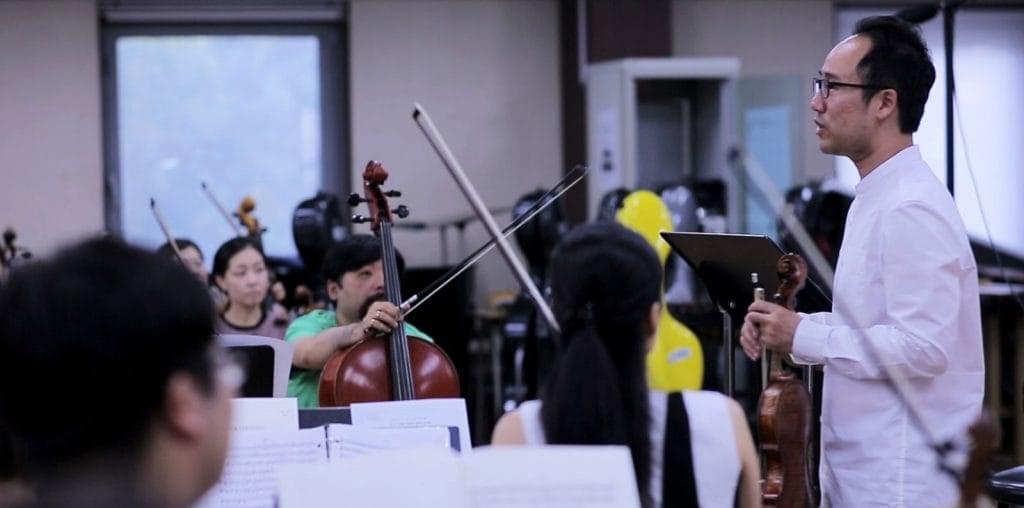
There’s something about writing that triggers the mind to embrace all kinds of thoughts which would normally escape us any other time of day. For writers, especially, it’s about going to the computer or typewriter and getting those words down which we feel need to be ours. It’s a rush, to be sure, but also a time of real deep thought even when we derive excitement from what we read of our own work. Who are we as an author of anything? Should we risk wondering why we write like we do? Examining influences are fine, but wondering how we tend to know so many words can lead to a brain bursting like a shaken can of Coke.
So what is it about Elizabeth Wurtzel (Christina Ricci) that she can’t just sit down for a few hours and write? Oh yeah, it’s the clinical depression. Coming to Harvard after years of a broken home in which her mother forced all her lost dreams on her, Elizabeth engages in drugs, copious smoking, alcohol and whatever else can make her forget about her life. But her writing is good, or so “Prozac Nation” would like us to believe. Christina Ricci, as Elizabeth, is also good. There’s so much to try to like here, to try to pay attention to, but the happenings are sometimes far too fast. While Wurtzel’s mother (Jessica Lange) is a good portion of why Elizabeth is that depressed, drug-taking, alcohol-swigging, cigarette-smoking way, drugs just come that quickly at Harvard. As soon as she’s settled in, out comes the first future addiction.
She meets a few characters who become wallpaper during her rampage. These are actors trying to live down a previous role and being successful and unsuccessful at presenting themselves differently. For one, Michelle Williams as Ruby—Elizabeth’s roommate—is far away from “Dawson’s Creek” here. But being with Elizabeth requires Ruby to simply be a sounding board, much like the others. As she looks down in anguish or tries to hold back her anger over Elizabeth’s abuse, Williams becomes a different actress. She has shed herself of what came before. Anne Heche as Dr. Sterling—Elizabeth’s therapist—is close. Almost close. Not that she has anything to live down, but she almost emotes. She’s tough toward Elizabeth, almost as tough as a hard stare can be. She concentrates on the girl, listening to her talk, wondering about all aspects. She does want to help, but it’s a process not only for Elizabeth, but for her as well. Jonathan Rhys-Meyers is just a little above “in and out the door” as the other struggling supporter of Elizabeth, trying to help her as best he can. And Jason Biggs is still trying to get away from Jim in the “American Pie” movies. His voice is toned down, he has a steady look, but it’s simply him just turning himself down a few notches. There’s no real practice here for him. There is a moment, however, which proves fruitful and regretful at the same time. Elizabeth sees Rafe (Biggs) as her salvation, her ticket for getting out of this deep clinically depressed rut. There’s a few scenes during the Christmas break where Rafe can’t meet her mother because he’s got a situation at home. Relentlessly, Elizabeth goes to Texas to see Rafe and we find out what drew him home: A mentally ill sister. The scene works because the sister brings life beyond Ricci to the movie. But it is regretful that all the other characters aren’t allowed to act like this, to react more than they have. It doesn’t seem so much a product of trying to deflect Elizabeth’s problems, but just Ricci being the only one allowed to act.
She does spar well with Jessica Lange, though, especially in a pivotal scene, featured in a full episode of the Sundance Channel’s “Anatomy of a Scene” on the DVD, where the grandparents are over at mother and daughter’s place for Elizabeth’s birthday party and while Elizabeth is quickly busting open the “polite shell” she’s put on for her grandparents, Mrs. Wurtzel tries her hardest to lie about how Elizabeth is feeling, trying to keep everything pleasant. There’s real tension here that’s missing from everything else, and it can be felt right through to our shuddering heart. It’s powerful.
Only with Ricci as the center of the movie, there’s not much to glean from Elizabeth’s life. Sure there’s her time at Harvard and being hired by Rolling Stone and those days with no sleep, trying to write, but there’s no proper support. Outside of Ricci, everything’s been sucked out to a bland finish. It’s a fine movie to show that for some people, there is no love in life, but where is the love and respect for whoever will watch this? Drama is tricky and this one slips away into the same kind of haze into which Elizabeth plunges herself.
